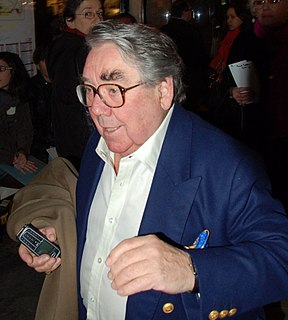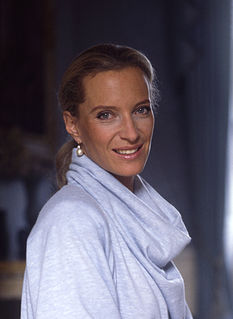A Quote by David Olusoga
Since I began presenting programmes about black history my life has become a constant impromptu focus group. I am stopped in the street by people who want to talk about the histories those documentaries explore.
Related Quotes
I belong to a bowling team with black and Latino coworkers. And when we get together and we talk about politics - I'm almost quoting him - he said, we don't talk about Black Lives Matters. We talk about what matters to our families. We talk about jobs, and we talk about the fate of the country. That is America, and you can reach those people.
I think that to me, films are personal affairs. It doesn't mean that I am against other people doing things differently, but I'm talking about what I can do. So I don't feel comfortable going to a new city or a certain class of which I don't have sufficient knowledge, doing research on that, and then writing a story about it I don't think I have the ability of presenting other people on screen in that way. It makes me uncomfortable. This doesn't mean that I only want to talk about myself. I want to talk about what I know.
Black History is enjoying the life of our ancestors who paved the way for every African-American. No matter what color you are, the history of Blacks affected everyone; that's why we should cherish and respect Black history. Black history changed America and is continuing to change and shape our country. Black history is about everyone coming together to better themselves and America. Black history is being comfortable in your own skin no matter what color you are. Black history makes me proud of where I came from and where I am going in life.
Historically it has been a touchy subject, especially in the south where I am from, people don't really talk about it. If they do talk about it, it is often talked about negatively. Nowadays in light of the Black Lives Matter movement I think people should pay attention to these lives also. I think the Black community will really embrace the film [Moonlight]. It is about us. It is real.
There are three things, and it depends on the group that we're talking about, but there's history, there's culture, and then there's social networks. So, you know, historically black and white, they worship together until about the end of slavery, and people started moving out into separate churches. But it was because of discrimination and racism and such that blacks began to establish their own denominations and their own churches.
Katherine Johnson never complained, it just was what it was. She just said, "I just wanted to go to work and do my numbers." And she stopped right there. I think about that as a Black woman in Hollywood when I'm asked about diversity. I hate when people say diversity because the first thing you jump to is Black and white. When you talk about diversity, you're talking about women being hired in front of and behind the camera. You are talking about people with disabilities, the LGBTQ community...so I hate when people think about diversity.
I just like to explore honest thoughts or feelings. How I'm feeling at the time. I want to explore it and talk about it and have a conversation with the audience. I want to throw something out there, see how they feel about it, and tell them how I feel about it. I know that's really relaxed, but that's the most fun.
There is a forgotten black middle class in America - a group which is huge but underrepresented in the media and in art. It's difficult to talk about these things, because it forces one to talk in generalities, but that's my view. I do think the idea of a blanket class for black people is unfortunately still present.
If you want to become a man of letters and perhaps write some Histories one day, you must also lie and invent tales, otherwise your History would become monotonous. But you must act with restraint. The world condemns liars who do nothing but lie, even about the most trivial things, and it rewards poets, who lie only about the greatest things.







































